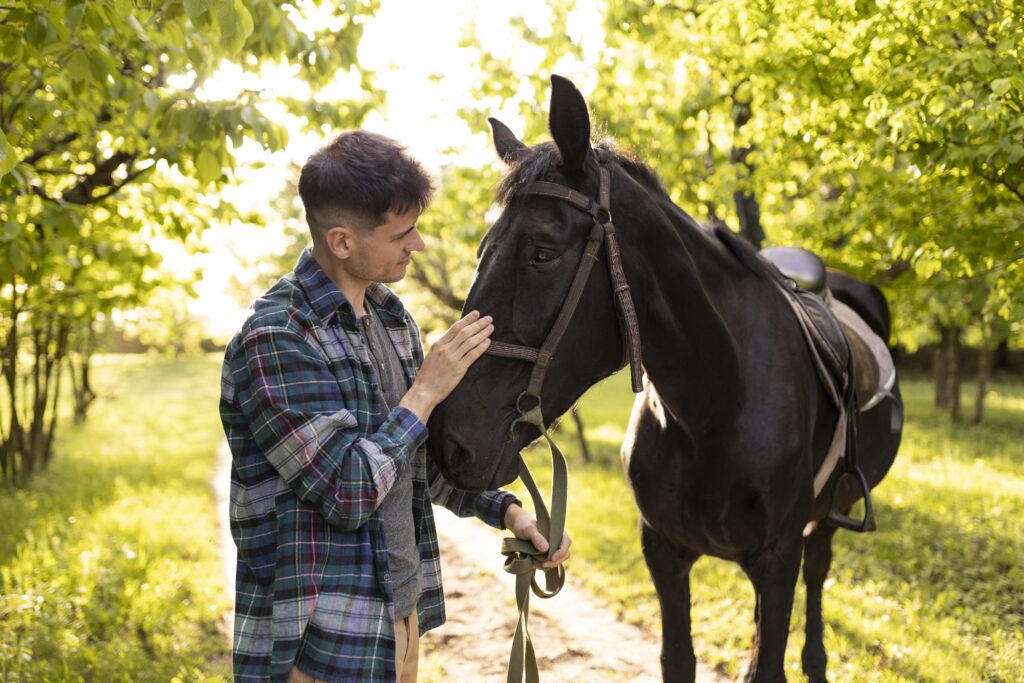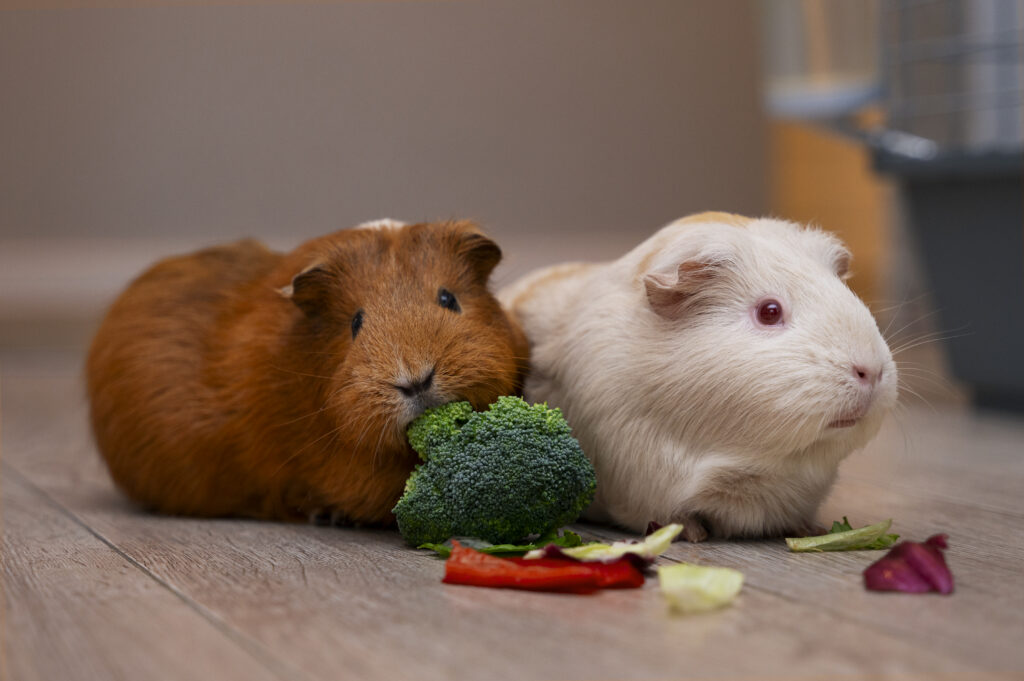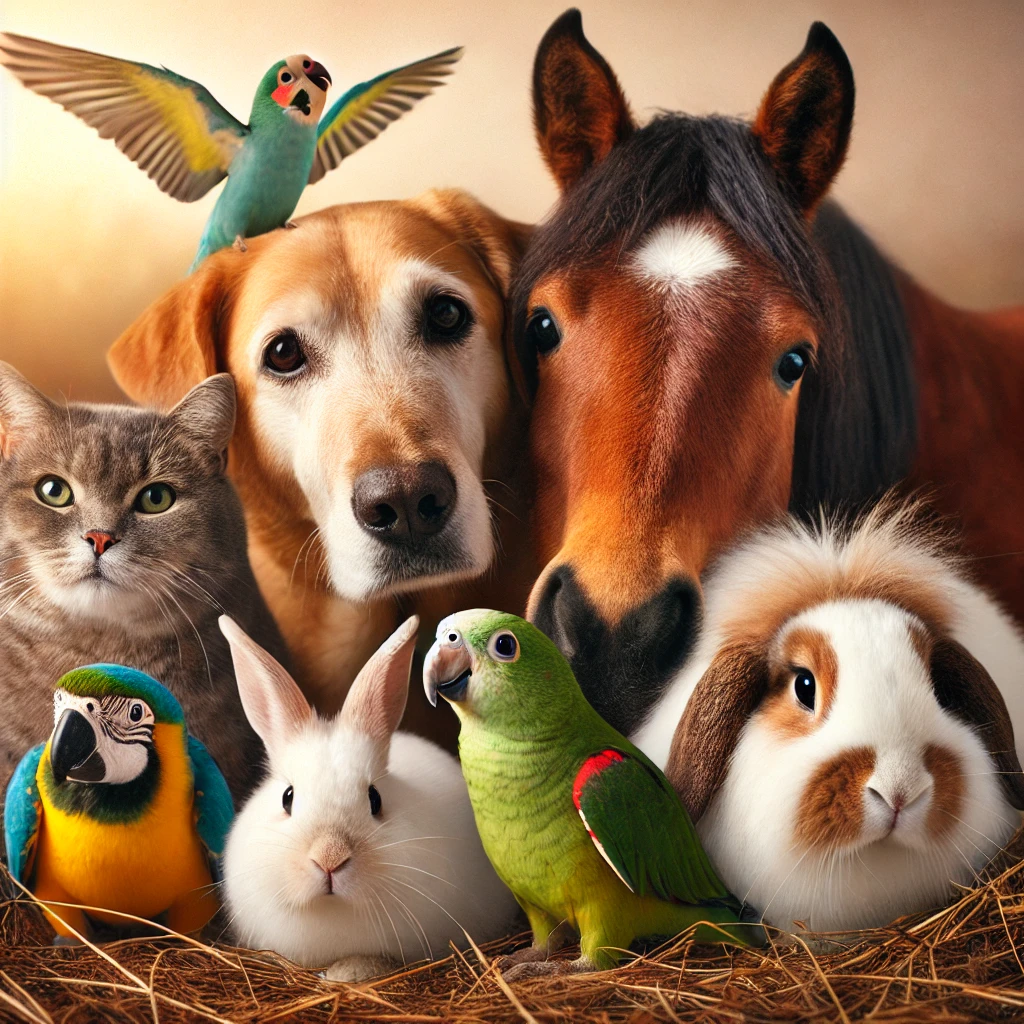When it comes to finding emotional comfort and support, pets have a unique ability to lift our spirits and make us feel understood. Not only do they bring joy and companionship, but they also provide much-needed stability in times of stress. Here’s a look at some of the best companionship pets and how they offer comfort and support in their own special ways.
1. What Makes a Great Companionship Pet?
Not every pet is naturally inclined to provide the level of comfort and companionship needed for emotional support, so what makes some animals perfect for this role? The best companionship pets are calm, loving, and able to sense human emotions. These animals respond well to human affection and can adapt to routines that help create a stable environment. Whether they’re offering a listening ear or simply being present, companionship pets are invaluable for mental well-being.
2. Dogs: Loyal Companions for Life

Dogs are often the first animal that comes to mind when we think of companionship, and for good reason. Known for their loyalty and unconditional love, dogs are always there when we need them. Their high level of emotional intelligence allows them to sense shifts in mood, making them incredibly supportive in times of need. For people dealing with anxiety, depression, or loneliness, a dog can bring comfort by simply being present.
Dogs are also highly adaptable to different living environments and routines, making them ideal for a range of lifestyles. Whether it’s a small apartment or a large backyard, dogs provide companionship that is hard to match.
3. Cats: Calming and Independent Friends

Cats are often seen as independent animals, but they’re also deeply affectionate and capable of forming strong bonds with their owners. Their calm, quiet nature makes them ideal companions for people who enjoy a peaceful home environment. Cats are sensitive to their owner’s emotions and are known to curl up beside them during tough times, purring softly as a comforting presence.
Unlike dogs, cats don’t require constant attention, making them perfect for those who might need companionship without a high level of maintenance. Their independence and soothing purr make cats ideal for emotional support, particularly for people who benefit from a calm, low-energy environment.
4. Horses: Powerful Yet Gentle Support Animals

Horses are incredibly sensitive and intelligent animals that can form deep connections with humans. Equine-assisted therapy, often known as horseback therapy, takes advantage of this bond to help people manage emotions, overcome fears, and build confidence. Horses have a unique ability to mirror human emotions, allowing them to provide genuine support and empathy.
Although they require more care and space, horses are ideal companions for those looking for both emotional support and a therapeutic experience. Horseback riding and other equine activities offer an active and engaging way to connect, making horses perfect for people who enjoy the outdoors and physical activity.
5. Birds: Small Pets with Big Emotional Impact

Birds may not be the first animal that comes to mind for companionship, but they offer a special type of emotional support. Many birds are social, playful, and able to form strong bonds with their owners. Birds like parrots, canaries, and cockatiels bring joy and entertainment into their owner’s life, often mimicking sounds or singing, which can lift spirits and reduce stress.
Birds are also relatively low-maintenance, making them ideal for people with limited space or time. Their vibrant personalities and cheerful presence make them wonderful companions for those seeking a unique form of emotional support.
6. Unconventional Companions: Rabbits, Guinea Pigs, and More

For those looking for a unique companionship experience, animals like rabbits and guinea pigs offer gentle support and affectionate companionship. Rabbits are soft, quiet, and enjoy being petted, creating a calming effect. Guinea pigs, too, are social animals that thrive on human interaction and form strong bonds with their owners.
These small pets require less space and can be ideal for apartment living. Their easy-going nature and low-maintenance care make them accessible for a range of lifestyles, providing comfort and companionship without high upkeep.
7. How to Choose the Right Companionship Pet for You
When choosing a companionship pet, it’s important to consider both your lifestyle and emotional needs. Ask yourself questions like:
- How much time can you dedicate to caring for a pet?
- Do you prefer an active pet, like a dog, or a more independent one, like a cat?
- Do you have space and resources for a larger animal, such as a horse?
Understanding your own needs and lifestyle will help you find the perfect companion that can offer the support you’re looking for. Remember, the goal is to find a pet that enhances your well-being and fits seamlessly into your daily life.
Final Thoughts
Companionship pets come in all shapes and sizes, each offering unique forms of comfort and support. Whether it’s the loyalty of a dog, the calm presence of a cat, or the powerful bond with a horse, these animals have the ability to lift our spirits and help us navigate life’s challenges. When you choose a pet for companionship, you’re not only gaining a loyal friend—you’re inviting joy, comfort, and emotional support into your life.

